State-sanctioned death exposes the West’s moral decay
Saving people from Covid is a moral act but killing those deemed to be better off dead isn’t?
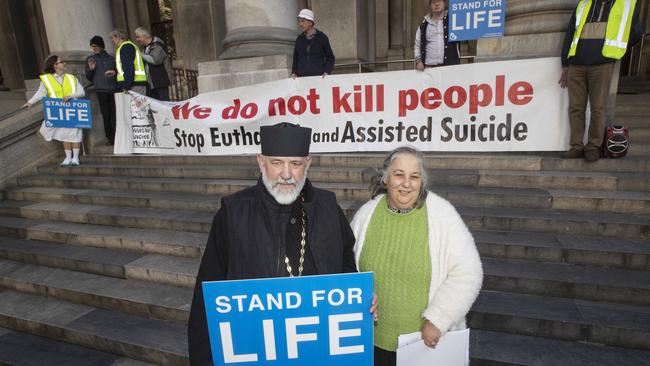
Two ideas consume us. Extreme steps are deemed essential to save lives from the virus, while we authorise the state to liquidate lives in the name of humanity. On the one hand we strive to protect life through the health system, and on the other hand we move to terminate life through the same health system.
Only a secular rationalisation decoupled from moral social principle could fail to be embarrassed by the juxtaposition. Yet we do not notice it.
Our self-obsessions create their own closed narratives that blind us. We lack the human awareness and the moral compass to even grasp the absurdity of our condition. We no longer understand the contradictions in our actions and public life.
Neither the public nor the politicians – at least most of them – detect any link. The public’s attitude seems to be: “I have a right to be saved from the virus and I have a right to decide when I want to die.” Technology, the state and the health system are recruited to human convenience, whether the desire is for life or death.
What does it matter? Our culture no longer recognises any moral difference. It believes saving people from the virus is a moral act but killing people deemed to be better off dead is also a moral act.
This is a secular rationalism where human desire determines the moral order – the affliction at the heart of Western decline.
Australia stands at a dual crossroads. It wages a justified, tenacious and moral struggle to contain Covid while it moves with a mix of powerful activism and bizarre indifference to legalise euthanasia. Victoria and Western Australia have signed up, Queensland, South Australia and Tasmania have the issue under active assessment. Pressure is building in the big domino of NSW.
Euthanasia creates two classes of social citizens – those who lives are deemed to be inviolable, and those who are deemed to be better off dead.
This week in federal parliament, one of the few voices of courage spoke up in the form of Liberal backbencher Julian Leeser. He was replying to a motion from Labor MP Dr Andrew Leigh, calling for the repeal of the 1997 Kevin Andrews law that prevents the territory jurisdiction from passing euthanasia laws. Rejecting the Andrews constraint, Leigh supported personal autonomy in the case of terminal illness.
“I am a federalist but, for me, matters of life and death trump all concerns of constitutional questions,” Leeser told the Federation Chamber. “I believe euthanasia laws have no place on the statute books of any parliament in this country. My only criticism of the Andrews law is not that it overrides territory laws, but that we didn’t at that stage find a way to override state laws as well in relation to these matters.”
Leeser made the obvious point that territories under the Australian Constitution are not states. He recalled the woman who was the 1990s “poster child” for the Northern Territory euthanasia laws making her plea: “Please, let me die.”
Leeser said: “Well, she got better. She lived and she became an opponent of those same laws.”
Reviewing the situation in Victoria, Leeser said: “In Victoria, they predicted that only 12 people would die by euthanasia in the first year, and yet there were 272 eligible applications and 124 deaths. The youngest person to die by euthanasia in Victoria was 36. Is that what we really want in our community and in our country?
The latest statistics from Victoria show that 94 people died by euthanasia in the six months to the end of 2020 – and this in a state where the increase in mental health presentations was 23 per cent.”
Australia is now engaged in a huge and expensive campaign to fight mental health disease and community suicide while simultaneously moving towards a legal culture that permits and celebrates the killing of the old and sick. International studies offer no support for the view that legalising euthanasia is linked to any decrease in non-assisted suicides.
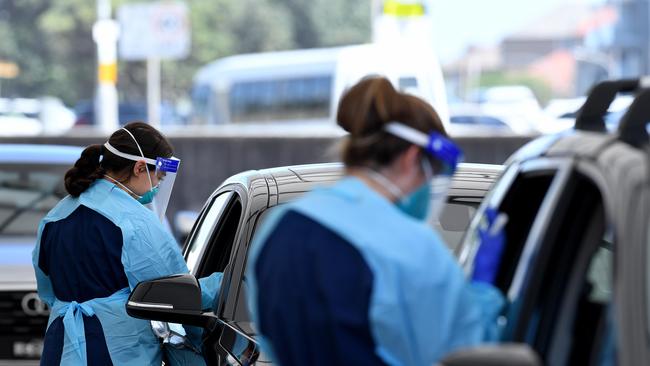
If the momentum continues, have no doubt that over the next decade the number of people killed by state-authorised euthanasia laws will far exceed the 910 deaths to this stage from Covid-19. Australia is turning into a global leader in cultural arrogance thinking it can usurp God’s role in human affairs without consequence. Once killing is authorised, the next steps are always easier – within the coming generation, people with dementia will be killed in this country.
Four years ago at the start of the nation’s euthanasia surge, Paul Keating stood defiant on what should be an irrevocable principle. With the Victorian parliament close to legalising euthanasia, Keating, in an oped for The Sydney Morning Herald, wrote: “There is probably no more important issue in contemporary bioethics or a more serious ethical decision for our parliaments than that raised by the Voluntary Assisted Dying Bill 2017 being debated this week in the Victorian parliament.
“Under this bill, conditions and safeguards are outlined that will enable physicians to terminate the life of patients and to assist patients to take their own life. This is a threshold moment for the country. No matter what justifications are offered for the bill, it constitutes an unacceptable departure in our approach to human existence and the irrevocable sanctity that should govern our understanding of what it means to be human.
“The justification offered by the bill’s advocates – that the legal conditions are stringent or that the regime being authorised will be conservative – miss the point entirely. What matters is the core intention of the law. What matters is the ethical threshold being crossed. What matters is that under Victorian law there will be people whose lives we honour and those we believe are better off dead. It is misleading to think that allowing people to terminate their life is without consequence for the entire society.”
A policy and a society is never the same after passage of euthanasia laws. Once this bridge is crossed, the extent of cultural change is fundamental – in the ethics of doctors, hospitals and family relationships. Do people seriously contend that the aged and sick will not feel under pressure to nominate themselves for termination? Laws create expectations and change behaviour.
Advocates pretend that euthanasia is just an issue of individual rights. They ask: how dare the state deny this right? The point, of course, is that the legalising of killing under conditions is a public interest, society-wide and ethical determinant of the community values. It is about how society understands virtue, and it must be assessed at this level.
As Keating said, opposition to euthanasia is not about religion. “The concerns I express are shared by people of any religion or no religion,” he said. Religious leaders, however, have spoken out because euthanasia goes to the core question of human nature.
In a speech several years ago, the Catholic Archbishop of Sydney Anthony Fisher posed the question: “If compassionately relieving suffering is what euthanasia is all about, we have to be honest with ourselves about where that leads. If the suffering of some people is to be resolved by killing them or assisting them to kill themselves, why not the chronically but not terminally ill, the mentally but not physically ill, those unable to consent because they are unconscious, too disabled, or infants? Why restrict this mercy to dying consenting adults?”
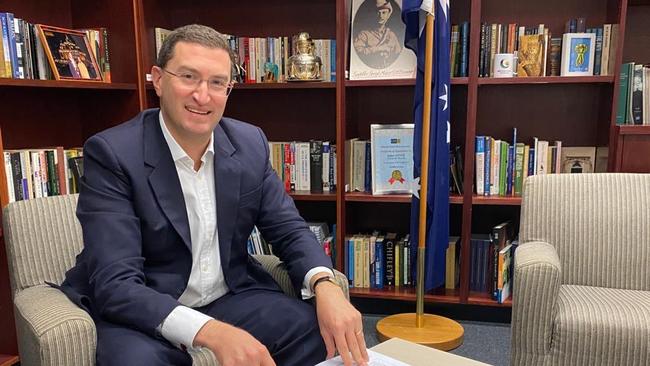
Once the mercy principle is accepted, another debate is inevitable: how far to extend the privilege of mercy killing. Once the threshold is crossed, extension of the right becomes a matter of degree and will be determined by political and human rights pressures. “Once we start deciding that death is in the best interests of some people, then, of course, there’ll be others in the queue,” Fisher said.
If the study of politics teaches anything it is that a limited right will face demands to become a more expansive right. If you sanction killing for end-of-life pain relief, how can you deny this right to people in pain who aren’t dying? If you give the right to adults, how can you be so cruel as to deny it to children? If you give the right to people in physical pain, how can you deny the right to people in mental pain or, indeed, those exhausted with life? The long journey will play out over the decades.
In last week’s speech, Leeser confronted one of the suppressed issues in the debate – that of palliative care. Australia’s palliative care facilities are struggling. “The number of people being hospitalised for palliative care is growing at an average rate of 5 per cent a year and services are not keeping pace,” Leeser said. “Models of palliative care that give people not just the chance to experience end-of-life care in hospitals, but to do so in homes, are not well advanced enough in this country.”
If people were serious about human choice they would demand better palliative care. Yet our politicians have created a bizarre and immoral order: those with terminal illness are being given the right to kill themselves, while the right to palliative care is yet to be fully extended. What does this reveal about our ethics?
At the same time, the euthanasia debate remains plagued by misconception – the issue here is active intervention to end a life, not removal of life support that sustains a patient who in the normal course of events would die.
Euthanasia is the ultimate proof that politics operates downstream of culture. Public opinion drives the state legislatures, but this opinion is strong on emotion and weak on reason. Some of the communities that are most alarmed are those of Indigenous Australians. “The fact the West Australian laws were trenchantly opposed by my friends Ken Wyatt and Senator Pat Dodson indicates the danger these laws pose to vulnerable Indigenous Australians,” Leeser said. “We should listen to the wisdom of our elders. Activists have scared people about death and pain.”
A truly compassionate society would have a different, moral discussion about death and pain – experiences that are frightening, as Fisher said of his own struggle with Guillain-Barre Syndrome that left him paralysed from the neck down for some time.
Social media and the decline of serious debate contributes to the juxtaposition on display: the fight to save lives from Covid, while authorising deaths under euthanasia. The rationalists insist it’s all fine, no contradictions here, all perfectly satisfactory. Yet our culture and moral order are being debased. The consequences may appear in the short-term or the longer-term, but they will come.


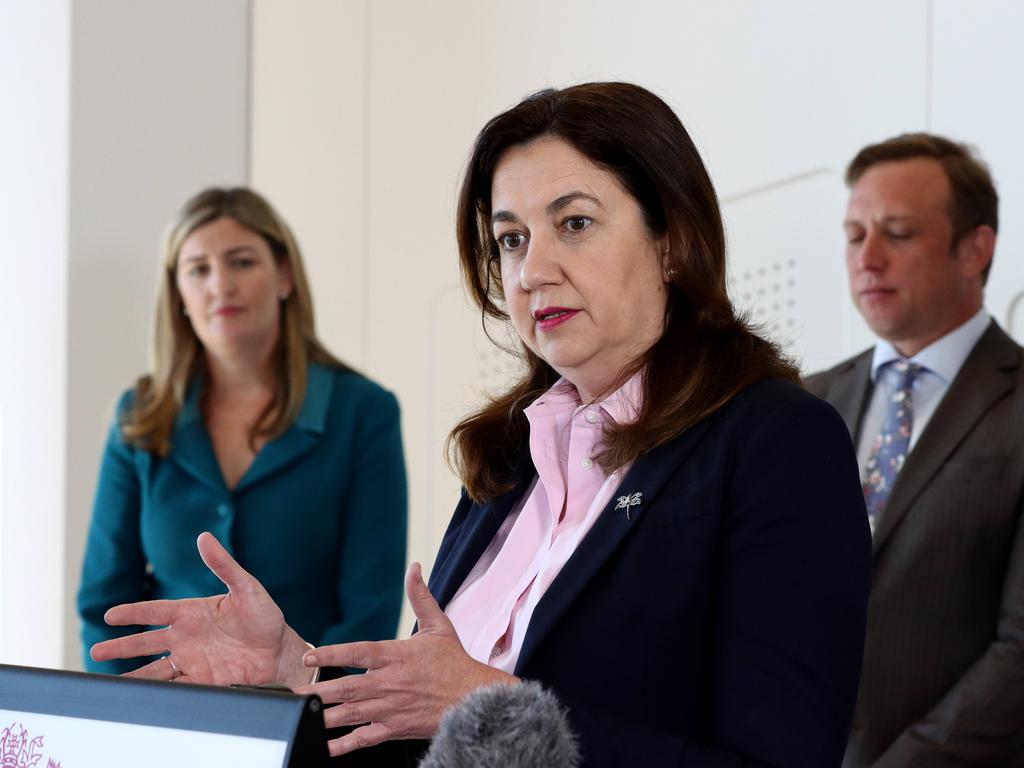
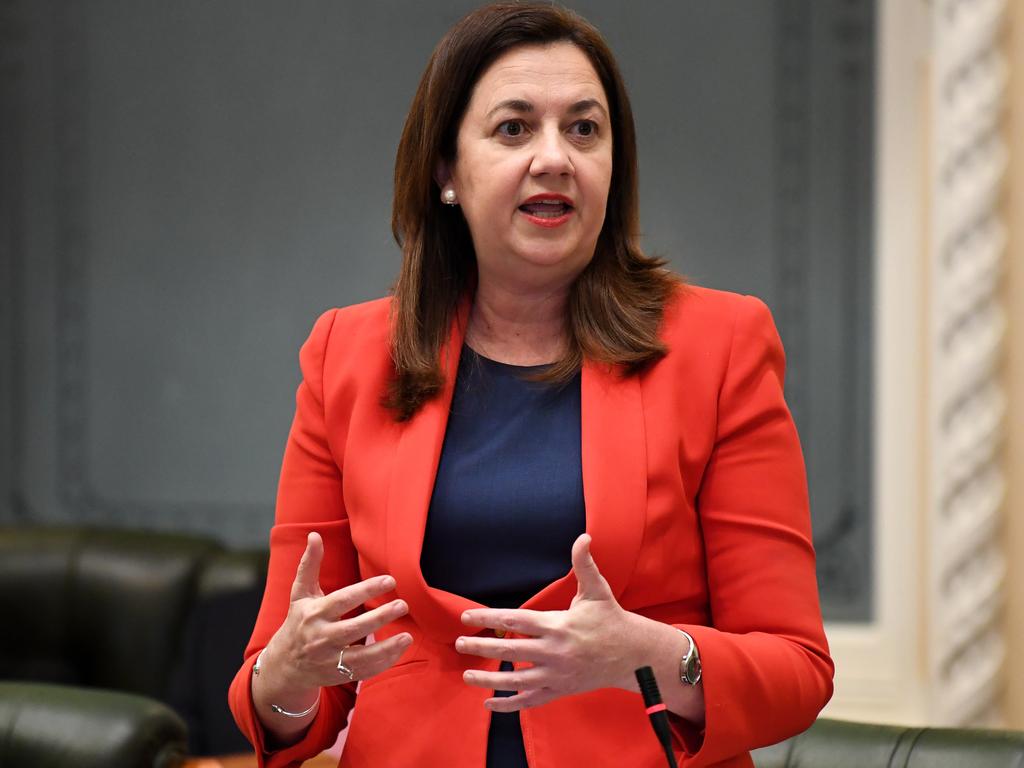

Contemporary Australia is on display. A country shutting borders, in partial panic, engulfed in blame games, desperate for self-protection against Covid while marching, state by state, under the human rights banner into the legalisation of killing, addressed in the euphemism of euthanasia.